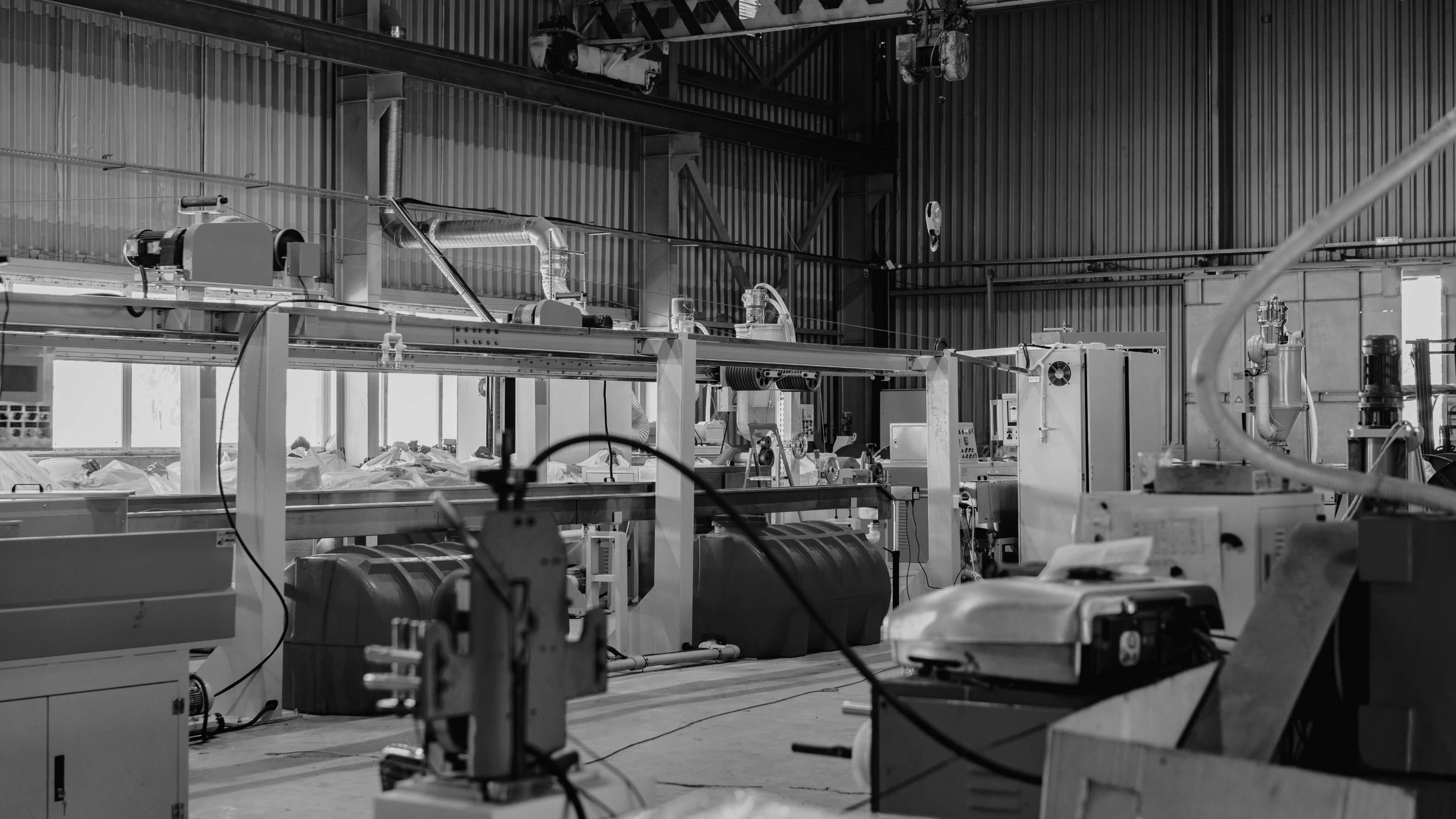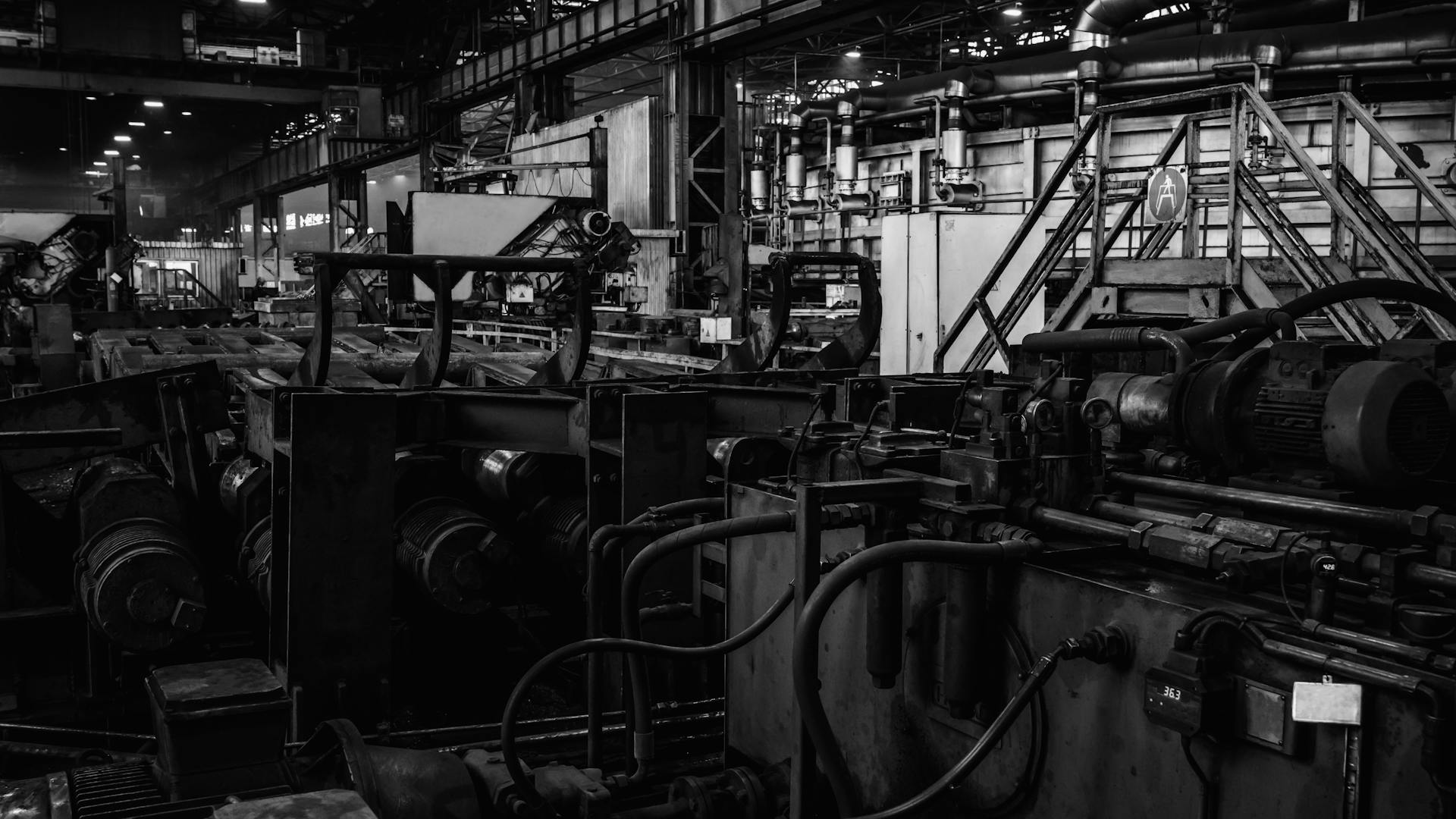Introduction
Modern manufacturers face constant pressure to produce goods faster, cheaper, and with minimal waste. By integrating IoT sensors into production lines and analyzing the resulting data through cloud-based analytics, businesses can detect inefficiencies, schedule maintenance proactively, and better allocate resources. The result? Reduced downtime, lower costs, and more sustainable operations.
Sensor Data for Smarter Production
Real-Time Monitoring
Sensors mounted on machinery and throughout the facility capture key performance indicators—like temperature, vibration, or energy usage—in real time. Continuous data streams give production managers instant visibility into any fluctuations that could indicate a problem.
- Immediate Alerts: Sudden spikes in vibration can warn of equipment wear.
- Better Energy Use: Monitoring power consumption reveals areas for optimization.
- Quality Control: Catch defects early by tracking production metrics at each stage.
Proactive Maintenance
Rather than relying on fixed maintenance schedules, manufacturers can use predictive maintenance strategies. Analytics tools compare real-time data to baseline performance, triggering inspections or repairs only when necessary.
- Reduced Downtime: Pinpoint potential failures before equipment breaks down.
- Lower Costs: Maintenance is targeted, avoiding unnecessary part replacements.
- Longer Equipment Life: Well-maintained machines last longer with fewer breakdowns.
Cloud-Based Analytics for Efficiency
Data Consolidation
Cloud-based platforms gather information from multiple sensors and lines, unifying data into a single dashboard. This bird’s-eye view enables managers to see exactly how each process impacts the entire operation.
- Centralized Monitoring: Access insights from any device, anywhere.
- Cross-Department Collaboration: Share data seamlessly among engineering, quality control, and operations teams.
Intelligent Forecasting
By applying machine learning algorithms to historical and current data, manufacturers can anticipate shifts in demand or output. Advanced analytics provide recommendations on adjusting production schedules and allocating resources effectively.
- Demand Prediction: Prevent overproduction by scaling output to real-time needs.
- Inventory Management: Align material orders with projected production volumes.
- Continuous Improvement: Pinpoint recurring issues and refine processes over time.
Environmental and Cost Benefits
Reducing waste directly benefits a manufacturer’s bottom line and environmental footprint. IoT-driven insights not only cut down on scrap and rework but also help manage energy consumption more effectively.
- Scrap Reduction: Detect quality problems early to avoid batch-wide defects.
- Energy Efficiency: Schedule high-energy processes when utility rates are lower or alternative energy sources are available.
- Sustainable Branding: Prove environmental responsibility through data-driven evidence of resource optimization.
Conclusion
By harnessing IoT sensors and cloud-based analytics, manufacturers can transform raw data into valuable insights that reduce waste, streamline processes, and improve product quality. This real-time visibility into machinery health and production metrics empowers companies to make smarter decisions—ultimately boosting profitability, cutting down on resource usage, and paving the way for a more sustainable manufacturing future.




